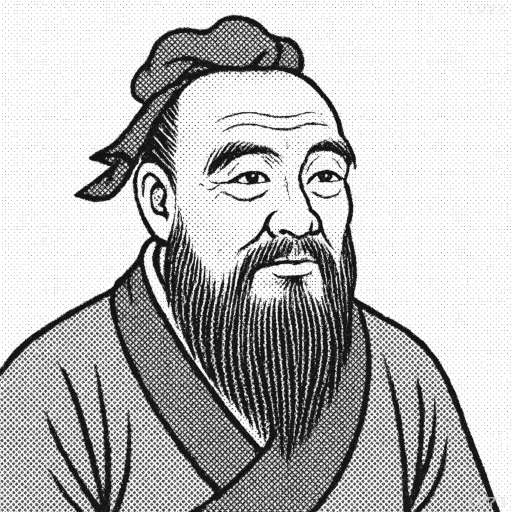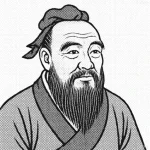“The superior man is distressed by the limitations of his ability; he is not distressed by the fact that men do not recognize the ability that he has.”

- 551 BC – 479 BC
- Han ethnicity
- Philosopher, educator, politician
table of contents
Quote
“The superior man is distressed by the limitations of his ability; he is not distressed by the fact that men do not recognize the ability that he has.”
Explanation
In this saying, Confucius highlights the inner focus of the “superior man.” Rather than seeking external validation, the superior man is primarily concerned with his own growth and self-awareness. He feels the weight of his limitations and strives to overcome them, rather than worrying about whether others recognize his talents. Confucius believed that true wisdom and strength come from self-improvement and a sincere commitment to one’s own development, rather than from external praise or recognition.
This principle holds valuable lessons today, where social approval and recognition often play a significant role in personal and professional life. Instead of seeking constant affirmation, individuals who focus on developing their skills and addressing their limitations gain deeper fulfillment and a more enduring sense of accomplishment. For instance, an artist or professional may initially feel discouraged if their work isn’t recognized. However, by concentrating on refining their craft and embracing a growth mindset, they achieve long-term success and satisfaction, independent of external judgment.
Confucius reminds us that true fulfillment comes from self-mastery. By focusing on overcoming our limitations, we build genuine confidence and strength. This internal approach allows us to grow with integrity and resilience, leading a life of purpose and excellence, regardless of whether or not others recognize our abilities.
Would you like to share your impressions or related stories about this quote in the comments section?

